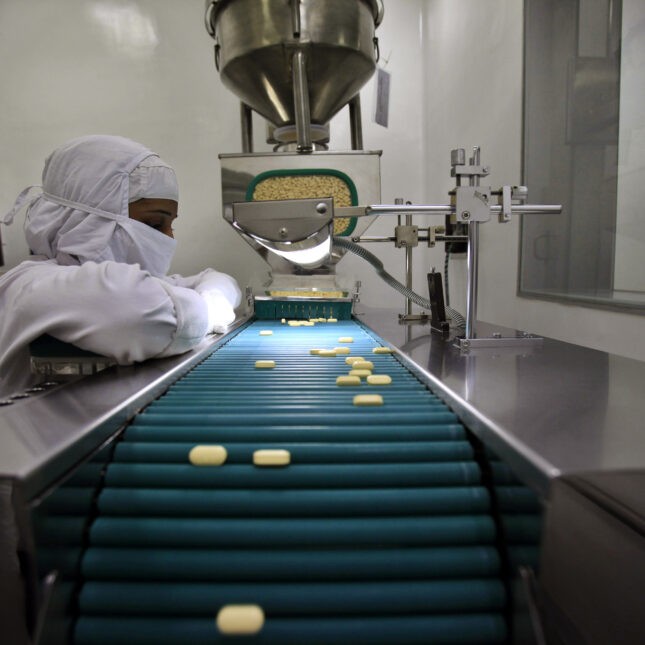27/06/2024
27/06/2024

BENGALURU, India, June 27: India's drug regulator, the Central Drugs Standard Control Organization (CDSCO), has taken decisive action following inspections of drug manufacturing units across the country. In a recent announcement on Thursday, CDSCO chief Rajeev Raghuvanshi revealed that more than 36% of the 400 units inspected since last year have been ordered to shut down. This move comes in response to concerns over sub-standard cough syrups manufactured in India, which have been linked to fatalities in several countries including Gambia, Uzbekistan, and Cameroon.
Addressing an event in Mumbai, Raghuvanshi expressed dissatisfaction with the compliance levels observed during the inspections, attributing the closures to issues of non-compliance leading to quality deficiencies within the industry. While he did not disclose specific names of companies affected, the regulatory scrutiny underscores ongoing efforts to restore global confidence in Indian pharmaceutical products.
The fatalities associated with Indian-made cough syrups, tainted with diethylene glycol and ethylene glycol, have raised significant alarm internationally, contributing to acute kidney injuries and deaths among children. Despite these challenges, India remains a cornerstone of global pharmaceutical production, ranking as the world's third-largest drug manufacturer by volume after the United States and China.
Looking forward, India aims to bolster its pharmaceutical exports, with projections suggesting export sales could reach $55 billion by 2030, as reported by the Pharmaceuticals Export Promotion Council of India (Pharmexcil). Recent government initiatives under Prime Minister Narendra Modi have included revised guidelines to enforce compliance with international standards across all domestic manufacturing units.
Raghuvanshi emphasized that since July last year, there have been no complaints from international bodies such as the World Health Organization (WHO), indicating progress in addressing quality concerns. The ongoing regulatory measures aim to ensure that India's pharmaceutical industry upholds the highest standards of safety and efficacy, crucial for maintaining its global reputation in drug manufacturing.


